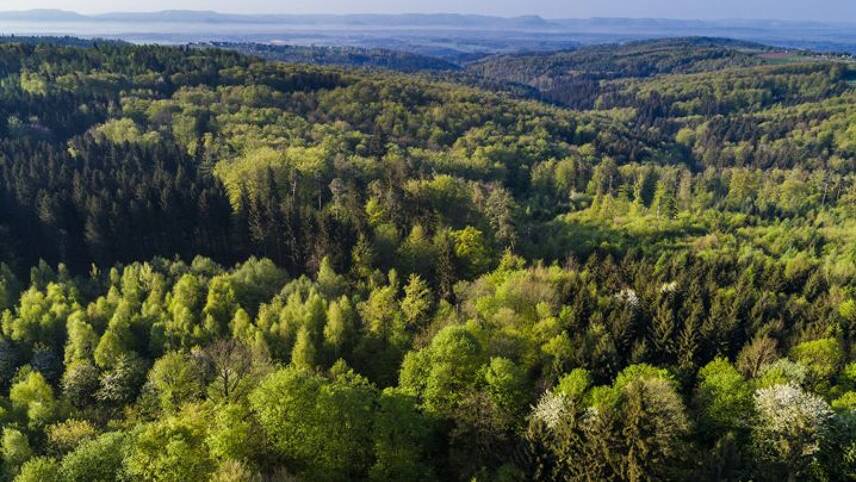Register for free and continue reading
Join our growing army of changemakers and get unlimited access to our premium content

However, at CDP we think there is cause for optimism, especially in the wake of COP26, where the wider importance of nature was recognised, and two-thirds of governments have now committed to restoring or protecting ecosystems within their Nationally Determined Contributions.
LA/JA emphasizes the need for collective action, rather than individual ambition. They encourage the private sector to adjust to and support the specific shared socio-environmental goals of a landscape or sub-national region. This helps build long-term, nature-based, and sustainable management plans that are based on collective goals of the multiple stakeholders influencing the landscape. This ultimately creates more resilient outcomes that address systemic drivers of deforestation by creating the necessary system wide incentives for ecosystem conservation.
In Jambi, Indonesia for example, L’Oreal has used a landscape approach to promote the connection of independent smallholders to the market for ‘Zero Deforestation’ palm oil. The project, which has been running since 2018 and is supporting 12,500 independent smallholders over a 5-year timeframe whilst simultaneously supporting peat restoration projects in the area. In doing so, L’Oreal’s impact has been two-fold: deforestation rates have been reduced and the quality of farmers’ lives has been improved, with 7,169 smallholder farmers having benefited so far from training programmes by the end of 2019. This is a major benefit of landscape approaches as the holistic approach often carries more benefits than just deforestation, there is a range of socio-economic benefits granted to those on the ground.
Jurisdictional approaches are a form of landscape approach that are implemented through political defined boundaries and the local government is usually highly involved. Therefore, they can be simpler to implement than other landscape approaches because the governmental responsibility is clearer. In Brazil, Carrefour are working to support the goals of the Mato Grosso state to ‘Produce, Conserve and Include’, for example working on The Sustainable Calves Project, which supports more than 450 small producers as well as preserve 60% of indigenous forest by 2030.
The importance of disclosure
The CDP Forest Questionnaire allows companies to disclose their progress on addressing deforestation. Our new report shows only a small number of commodity companies currently employ LA/JA, but the number that do is increasing. The report aims to raise awareness of, and engagement in, the LA/JA approach and precedes an update to the 2022 questionnaire which will help companies and governments better monitor and evaluate the work they are doing around LA/JA.
We are calling for a higher uptake of businesses and governments engaging with LA/JA as one of the most effective approaches for tackling deforestation. Halting deforestation through LA/JA is not only crucial to remaining on a 1.5C pathway, it also generates additional benefits that would be felt by all stakeholders involved. These include: improving sustainable socio-economic development in the communities involved, scaled-up chain traceability, monitoring and verification efforts, expanded network opportunities and reduced risk within supply chains.
We want companies and governments to undergo a seismic shift in their approaches to deforestation and utilise the CDP disclosure platform that allows investors, buyers and policy makers to integrate corporate environmental performance into their decision-making process. Commitments and pledges will no longer satiate the global appetite for systemic change in our commitment to tackling climate change and individual actions can be a drop in the ocean– definitive, coordinated action must be taken on the ground. As such, it is essential for stakeholders at all levels to collaborate with one another to work towards common sustainability goals. And they must do so before it is too late.
Thomas Maddox, Global Director – Forests and Land



Please login or Register to leave a comment.